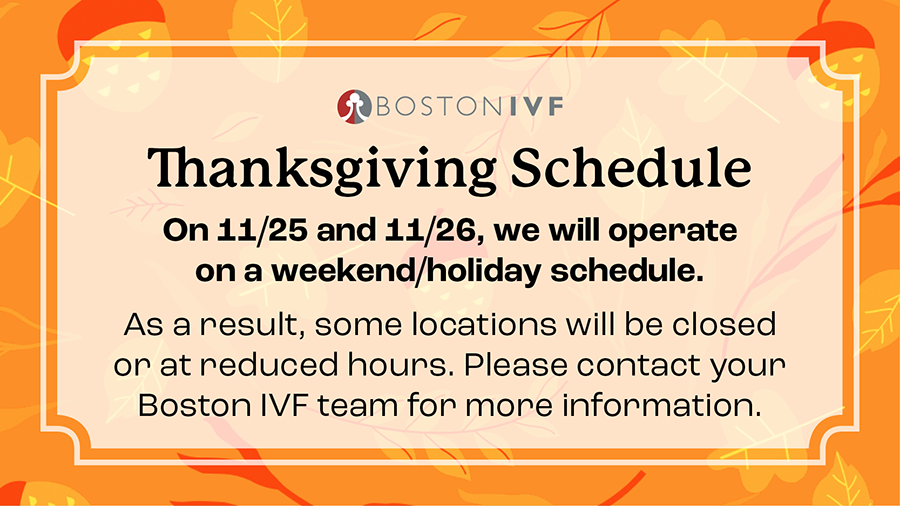Unfortunately, the “biological clock” is not just a myth. Age can be one of our worst enemies when dealing with infertility.
More and more, as women wait longer before starting a family, age has the ability to become a significant obstacle. After age 30, cases of infertility increases for most women.
On a positive note, understanding what makes the biological clock “tick” can help individuals and couples to make educated decisions and open the door to discussions about when to start a family and when to seek help for issues related to conception.
age & infertility
The quality of a woman's eggs is vital when trying to conceive. After the age of 35, egg quality and quantity (on average) begin to steadily decline. This regression occurs more rapidly after age 40. As the quality of female eggs declines, it becomes more difficult to conceive.

FACTORS TO CONSIDER
- for most thirty-year old women, 12% of their eggs have the potential to become babies
- by age forty, only 40% of ‘good eggs’ remain
- chance of miscarriage rises from less than 10% for women in their twenties to as high as 90% for women age 45+
- age 25-35 is the optimal time for a healthy baby
GET STARTED
Have questions about your fertility? Rhonda can help! Rhonda has been with us since 1986 and is a phone call or email away if you need general advice or answers to specific questions.
Don't hesitate to contact Rhonda any time by phone at 888.300.2483 or via email by clicking here.
As a woman ages, the number of eggs she has continuously declines. Hundreds of eggs are lost every month, regardless if she is on birth control or pregnant.
wHAT WE ADVISE
- women under age 35 should seek an evaluation after 1 year of trying to conceive (TTC)
- women age 35-39 should seek an evaluation after 6 months of TTC
- women age 40 or older seek consultation as soon as possible.
WOMEN AGE 40+
By the time a woman is 40 years old, the chances of becoming pregnant are greatly reduced because of the fewer number of eggs available. Also, the quality of the eggs declines with time. The reduction in quality reduces the chance for normal fertilization and increases the chance of miscarriage and chromosomal defect in an embryo.
eVERY CASE IS UNIQUE
Each patient has his or her own personal journey. Every fertility case has its own challenges. The treatment protocol for one person is often very different than that of another patient, even if they are the same age.
From diagnosis to treatment we utilize personalized tests and treatments to help our patients make smart choices and achieve positive outcomes.
Here’s a small sampling of what tests and technologies we will utilize to help you achieve your dream of parenthood:
EGG QUANTITY TESTING
Via our preliminary Day 3 lab testing, we measure egg quantity via both hormones present in the blood and traditional ultrasound. Follicle Stimulating Hormone (FSH), anti Mullerian Hormone (AMH), and ultrasound gives us an accurate read on your ovarian reserve/egg supply.
EGG QUALITY & GENETIC TESTING
As the quality of a woman's eggs begin to decline, there is also an increased risk for chromosomal abnormalities in embryos. For women in their late 30's and age 40+, this risk is high due to the quality of the remaining eggs in the ovarian reserve.
Although we cannot determine the quality of eggs prior to treatment, age gives us a good indication. Genetic testing, done in conjunction with in vitro fertilization (IVF) before the embryo is implanted back into the uterus, can predict embryo quality and help us to select chromosomally-normal embryos for implantation.
IVF with genetic testing selects embryos which have the best chance of success and will lead to better live birth rates. This technology is especially crucial for women of advanced age or women who have experienced a miscarriage.
Improving embryo selection and predicting chromosomal abnormalities are especially valuable if you have had previously failed IVF cycles.







